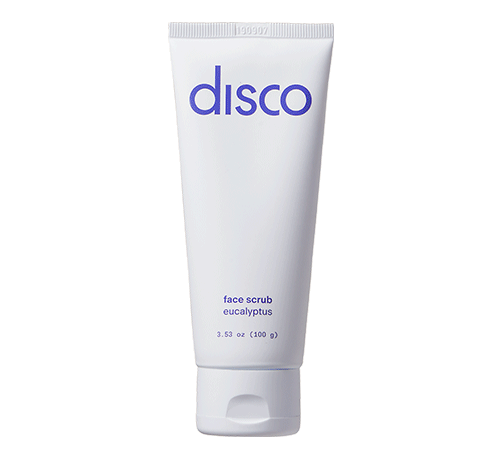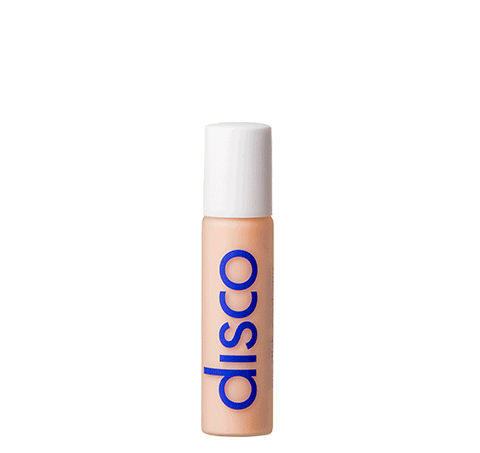Few things resonate as strongly as the pride that a man feels over patiently growing a dense beard. It takes months of effort and careful grooming to grow the perfect beard, and the satisfaction feels like a well-earned prize. But, uh oh– trouble in beard paradise. Your beard constantly itching can feel like a real prick in your balloon, and you start eying the beard trimmer after every aggressive itch.
Having itchy skin under your beard isn’t uncommon, and there could be plenty of reasons for your discomfort. Fortunately, this also means that there are plenty of solutions available to help you ditch that itch for good.
Here’s how to stop your beard from itching so much. First, let’s figure out why your beard itches.
Why Does My Beard Itch?
The odds are good that you’ve developed an itchy beard for one of three reasons: you’re likely either using the wrong products, developing ingrown hairs, or experiencing a side effect of having very dry skin.
If you can accurately point to the source of your irritation, then taking steps to soothe your skin is a relatively straightforward process. Here are a few of the most common reasons your beard feels itchy.
You’re Using The Wrong Skincare (Or Beard Care) Products
Washing your face frequently is a critical component of a skincare routine; this is how we strip out the bacteria, dirt, and dead skin cells that can build up over the course of the day– and lead to breakouts if left unchecked.
But picking the right products is every bit as important as washing your face in the first place. Products that use harsh chemical cleansing agents can strip away too much of the oil from your skin, taking both the excess oil generated through the day and the protective base layer that your skin generates to retain moisture and stay hydrated.
Without that barrier, your skin can get dry, itchy, and irritated, which could be the source of your beard troubles.Try switching to a face cleanser that uses natural ingredients, like nourishing coconut oil, to soothe your skin back to health.
You’re Getting Ingrown Hairs
You can get ingrown hairs when a shaved or tweezed hair starts to grow back into the skin. This hair trapped beneath your skin causes a small raised bump that is frequently tender and painful to the touch.
Anyone who shaves or waxes their body hair can experience ingrown hairs, but you could be particularly vulnerable if you frequently shave parts of your beard. Now, if you can grow a full thick beard in the time it takes to get an ingrown hair, that’s some impressive beard growth skills, man. However, it’s more likely you’ll just end up with some itchy scruff.
Shaving against the grain is the best way to get a super close shave, but in doing so you can cut the hair so close to the surface of the skin that it can get caught in the pore as it begins to grow back out.
Fortunately, there are steps you can take to minimize the potential of getting ingrown hairs:
Shave with, not against, the grain. You won’t get quite as close of a shave, but this also means that your hair won’t have much opportunity to become ingrown as it grows back. And try not to go over the same part of your skin multiple times because the razor can irritate your skin and cause razor burn (which can be just as painful and unsightly as ingrown hairs).
Apply a cold towel after you shave. Using warm water to wash your face before shaving helps to open up your pores to get out pesky dirt and bacteria, ensuring that all of that gunk isn’t getting stuck in your pores as you shave. Using a cold washcloth to wipe down your face after you shave, or even just splashing with cold water, has the opposite effect of closing your pores back up so that it’s harder for unwanted schmuck to clog up your pores and cause ingrown hairs.
Even if you’re doing all of this already, ingrown hairs can still pop up here and there. If you start noticing a few, there are several ways that you can help them heal faster.
Open up your pores with a hot compress. Most ingrown hairs will resolve themselves after a week or so, but opening up your pores can allow the ingrown hair to escape to the surface on its own a little more quickly. Try resting a hot washcloth or compress over your ingrown hairs for a few minutes after washing your face.
Exfoliate a few times a week. Ingrown hairs can occur if you have curly or kinky facial hair, but sometimes they pop up because your pores get clogged up with dead skin cells and gunk that prevent the new hair growth from reaching the surface of your skin. You can use a gentle exfoliating face wash to incorporate this step seamlessly into your morning routine. Consider using a beard brush or a gentle scrubber to exfoliate the skin beneath your beard.
Your Skin Is Too Dry
Another common skincare mishap that can irritate the skin under your beard is forgetting to moisturize. If your skin gets excessively dry, it can feel itchy and scaly to the touch, and you definitely don’t want to let your skin dry out to the point that it gets coarse and irritated.
Make sure that you’re using a moisturizer with natural ingredients to prioritize delivering hydration to your skin. Your facial hair will generate natural oils to keep the hair hydrated, but the oils from your facial hair cannot replace the extra hydration that your skin gets from a quality moisturizer. Your skin can get especially dry during cold winter months, especially if you live somewhere that the harsh winter winds blast across your face when you go outside.
You should also avoid using harsh shampoos or cleansers to wash your beard, as these can strip away the natural oils responsible for keeping your skin supple and hydrated. Try using a shampoo specifically formulated for your beard that’s gentle enough to minimize irritation and dryness without skimping on cleanliness.
Final Thoughts
As is true with so many other parts of your skincare routine, ditching that itch in your beard comes down to making sure that you’re using the right products and paying attention to each step of your regimen.
Picking the right moisturizer or remembering to splash your face with cold water after you shave seems like such small things, but making the right choices when it comes to your self-care can make all the difference in improving how you look and feel.







